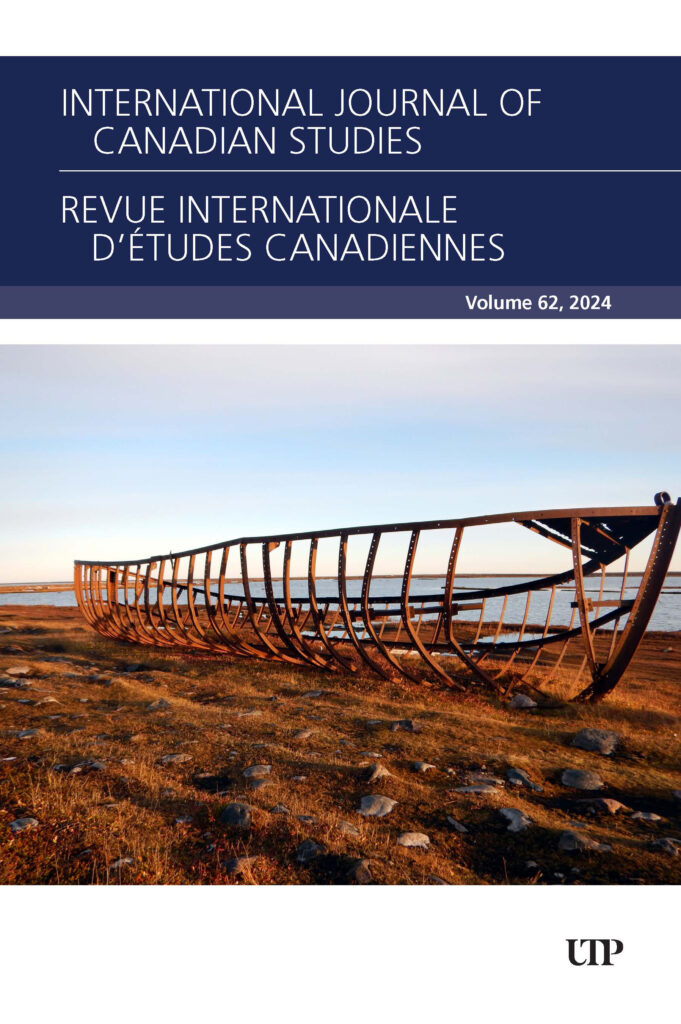Roles and Responsibilities of the Organizations Welcoming Immigrants in Remote Regions of Québec
In 1992, Québec’s government adopted a regionalization policy with the intention of enlarging the settlement possibilities for recent immigrants, thus delegating the responsibility of integrating immigrants to the regions’ local community-based organizations.
These immigrants arrive in their host society needing information and services concerning their host community. Considering the supporting relationships that community-based organizations in Remote Regions cultivate with immigrants, it is relevant to address the work accomplished by those organizations’ employees. With the aim of better understanding their work, this article examines the community-based organizations responsible for the welcoming and facilitating integration of immigrants.
This article proposes an ethnography based on a five blocks model of the regionalization work to take a deeper look at their daily work and gain a better understanding of their specific role in the regionalization of immigration in their community, thereby refining the initial model. It then offers a reflection on the multidimensionality of their work, which goes far beyond employability, and on the specificity of immigration in the context of remote regions.
En 1992, le gouvernement du Québec a adopté une politique de régionalisation dans le but d’élargir les possibilités d’établissement des nouveaux immigrants, déléguant ainsi la responsabilité de l’intégration des immigrants aux organismes communautaires locaux des régions.
Ces immigrants arrivent dans leur société d’accueil en ayant besoin d’informations et de services concernant leur communauté d’accueil. Compte tenu des relations de soutien que les organismes communautaires des régions éloignées entretiennent avec les immigrants, il est pertinent de se pencher sur le travail accompli par leurs employés. Dans le but de mieux comprendre leur travail, le présent article s’intéresse aux organismes communautaires responsables de l’accueil et de l’intégration des personnes immigrantes.
Cet article propose une ethnographie basée un modèle en 5 volets du travail de régionalisation afin d’approfondir leur travail quotidien et de mieux comprendre leur rôle spécifique pour la régionalisation de l’immigration au sein de leur communauté, ce qui permet de raffiner le modèle initial. Il propose ensuite une réflexion sur la multi-dimensionnalisé de leur travail, qui va bien au-delà de l’employabilité, et sur la spécificité de l’immigration dans le contexte des régions éloignées.


